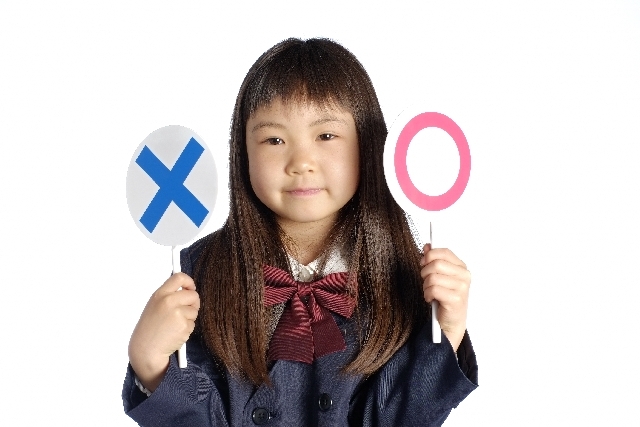Global Career Guide


- Jobs in Japan @ Daijob.com
- Global Career Guide
- Skill Up
- How to Respond Correctly
How to Respond Correctly

Japanese and English have very different ways to express understanding, to pause to gather their thoughts and to express amazement, surprise, and dismay. Of course, intonation plays a big role in this, particularly in English, but knowing the correct words to use is also important. One common problem is translating literally from Japanese to English and assuming that the languages are just 1:1 copies just with different words and word order. The fact is Japanese and English are so linguistically different, that it often leads to misunderstanding, perceived rudeness, or even awkward faux pas.
Linguistics calls this type of response “backchannel communication“ (相槌, in Japanese). All languages have backchannel communication, but use and frequency is different in every language and culture. This blog only deals with the English speaking world.

Frequency
Japanese uses backchanneling much more than English. Phrases like ええ・うん・はい are constantly used to show that you’re listening. In English, using these words too much sounds rude. It sounds like you’re not interested and you want to the speaker to hurry up and finish talking because you’re bored. I always recommend that my Business English students force themselves to reduce the frequency of aizuchi.
Sound Normal in English
The most common Japanese aizuchi ええ・うん・はい・へぇー will not be understood at all overseas (unless you’re speaking to someone who has studied Japanese). Worse yet, to the untrained ear, they just sound like crude noises and grunts. It’s a hard habit to break, but when speaking English, try to break the habit of using these words overseas.
| Japanese Word | Recommended English Words |
| うん / ええ | Yeah! / Sure! |
| はい!/ 了解! | Sure! / OK! |
| へぇー! | Wow! / Really?! |
| はい、はい。 | OK, gotcha / yes, I got it. |
| そうですね (同意) | Yes, that’s right. |
| えっと…(考え中) | Well… / Umm… / Humm… |
| えっと、あの | Um / Eh |
| あのー (誰かを呼びかけるとき) | Hey |
Hopefully, these tips and suggestions will help you sound more natural in business situations when speaking English. Backchanneling is something that most people never think about, but it has a huge impact on how others see you.
Good luck!
Article Writer

Noel Bradshaw
Noel Bradshaw is the COO of Rosetta Stone Learning Center and started his career at management consulting firm Accenture. He came to Japan with the JET program before joining Rosetta Stone Learning Center and has been with the company for 8 years.
http://mydma.com/

Discover Your Next Role in Japan. Access more than 10,000 jobs for free!


